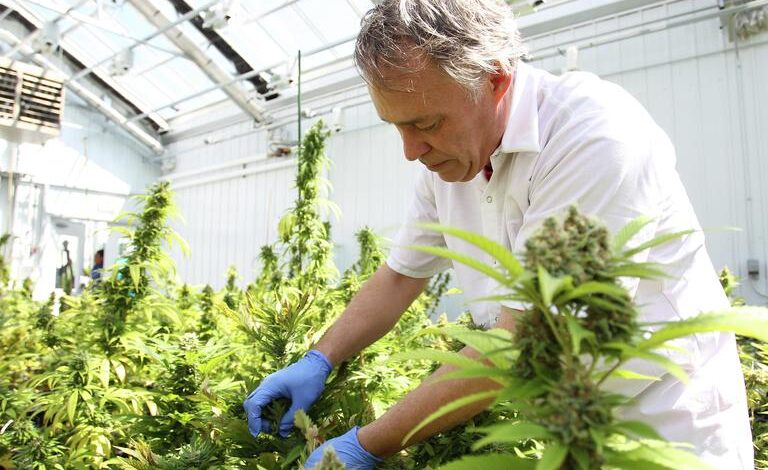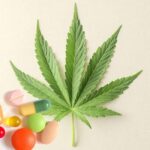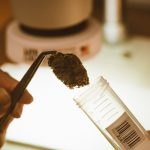Marijuana (Cannabis, Weed) Uses, Effects, Risks, Legalization

What is marijuana?
Marijuana, also known as Cannabis or weed refers to dried leaves and flowers of the Cannabis sativa or Cannabis indica plant. Stronger forms of the drug include high potency strains – known as sinsemilla (sin-seh-me-yah), hashish (hash for short), and extracts.
Cannabis has a long and colorful history. The use of cannabis originated in central Asia or western China. Cannabis has been used for its alleged healing properties for millennia. The first documented case of its use dates back to 2800 BC when it was listed in Emperor Shen Nung’s (regarded as the father of Chinese medicine) pharmacopeia. Therapeutic indications of cannabis are mentioned in the texts of the Indian Hindus, Assyrians, Greeks, and Romans. These texts reported cannabis to treat a vast array of different health problems, including arthritis, depression, amenorrhea, inflammation, pain, lack of appetite, and asthma.
Of the more than 500 chemicals in marijuana, delta-9-tetrahydrocannabinol, known as THC, is responsible for many of the drug’s psychotropic (mind-altering) effects. It’s this chemical that distorts how the mind perceives the world. In other words, it’s what makes a person high. U.S. federal law prohibits the use of marijuana. However, many states allow medical use to treat pain, nausea, and other symptoms.
Strength and Potency
The amount of THC in marijuana has increased over the past few decades. In the early 1990s, the average THC content in marijuana was less than 4 percent. It is now about 15 percent and much higher in some products such as oils and other extracts (see below). Scientists do not yet know what this increase in potency means for a person’s health. Some people adjust how they consume marijuana (by smoking or eating less) to compensate for the greater potency. There have been reports of people seeking help in emergency rooms with symptoms, including nervousness, shaking, and psychosis (having false thoughts or seeing or hearing things that aren’t there), after consuming high concentrations of THC.
Marijuana Extracts
Smoking extracts and resins from the marijuana plant with high levels of THC are on the rise. There are several forms of these extracts. These resins have 3 to 5 times more THC than the plant itself. Smoking or vaping it (also called dabbing) can deliver dangerous amounts of THC and has led some people to seek treatment in the emergency room. There have also been reports of people injured in fires and explosions caused by attempts to extract hash oil from marijuana leaves using butane (lighter fluid).
Medical Marijuana
Medical marijuana is a term for derivatives of the Cannabis sativa plant that are used to ease symptoms caused by certain medical conditions. Medical marijuana is also known as medical cannabis. Marijuana is currently legal, on the state level, in 29 states, and in Washington, DC. It is still illegal from the federal government’s perspective. The Obama administration did not make prosecuting medical marijuana even a minor priority. President Donald Trump promised not to interfere with people who use medical marijuana, though his administration is currently threatening to reverse this policy. About 85% of Americans support legalizing medical marijuana, and it is estimated that at least several million Americans currently use it.
What happens to your body when you use marijuana?
Within a few minutes after inhaling marijuana smoke, a person’s heart rate speeds up, the bronchial passages (the pipes that let air in and out of your lungs) relax and become enlarged, and blood vessels in the eyes expand, making the eyes look red. While these and other effects seem harmless, they can take a toll on the body.
Short-Term Effects
Short term effects include:
- altered senses (such as seeing brighter colors)
- altered sense of time
- changes in mood
- slow reaction time
- problems with balance and coordination
- increased appetite
- trouble thinking and solving problems
- memory problems
- hallucinations (seeing things that aren’t really there)
- delusions (believing something that is not true)
- psychosis (having false thoughts) (risk is highest with regular use of high potency marijuana)
Mixing marijuana with alcohol can cause increased heart rate and blood pressure. It can also cause further slowing of the ability to think, solve problems, and react.
Long-Term Effects
- Increased heart rate. When someone uses marijuana, the heart rate (normally 70 to 80 beats per minute)—may increase or even double, especially if other drugs are taken with the marijuana. This increases the risk of a heart attack.
- Respiratory (lung and breathing) problems. Smoke from marijuana irritates the lungs, and can cause a chronic cough—effects similar to those from regular cigarettes. While research has not found a strong association between marijuana and lung cancer, many people who smoke marijuana also smoke cigarettes, which do cause cancer.
- Increased risk for mental health problems. Marijuana use has been linked with depression and anxiety, as well as suicidal thoughts among teens. In addition, research suggests that smoking marijuana during the teen years might increase the risk for developing psychosis in people with a genetic risk for developing schizophrenia. Researchers are still studying the relationship between these mental health problems and marijuana use.
- Increased risk of problems for an unborn baby. Marijuana use during pregnancy is linked to lower birth weight and increased risk of behavioral problems in babies.





